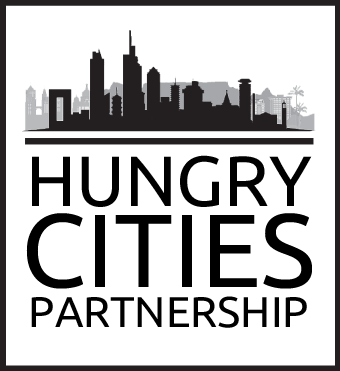Document Type
Hungry Cities Report
Publication Date
2018
Department
Balsillie School of International Affairs
Abstract
This research report presents and analyzes the findings of a household food secu-rity survey conducted in the City of Cape Town, South Africa, by the Hun-gry Cities Partnership (HCP) and the African Food Security Urban Network (AFSUN) in 2013 and 2014. It is a supplement to, and should be read in con-junction with, AFSUN Urban Food Series No. 11: The State of Urban Food Insecurity in Cape Town (Battersby 2011) and HCP Report No. 3: The Urban Food System of Cape Town, South Africa (Crush et al 2017).
The AFSUN report examines the results of a food security survey conducted in three low-income areas of Cape Town in 2008 and provided empirical support for an analysis of Cape Town's Food system commissioned by the City of Cape Town in 2014(see http://www.fao.org/urban-food-actions/knowledge-products/resources-detail/en/c/1133315/). The HCP's The Urban Food System of Cape Town, South Africa provides essential contextual background for this report on the history, demography and economy of Cape Town. It also gives an overview of Cape Town's food system and its location within post-apartheid South Africa's agri-food system.
This report, and the survey on which it is based, is the first systematic attempt to capture a broad profile of the levels and drivers of food insecurity at the house-hold level across Cape Town. It provides an analysis of the survey findings, and a demographic and economic profile of the surveyed households. The authors analyze the survey data on household food insecurity prevalence and demon-strate the existence of extreme inequality in levels of food security across the city. The report also explores some of the determinants of inequality, including household structure, income, poverty, employment, migrant status, the receipt of social grants and the impact of food price increases.
Recommended Citation
Crush, Jonathan; Caesar, Mary; and Haysom, Gareth, "No. 12: The State of Household Food Security in Cape Town, South Africa" (2018). Hungry Cities Partnership. 36.
https://scholars.wlu.ca/hcp/36
Included in
Food Studies Commons, Human Geography Commons, Politics and Social Change Commons, Urban Studies and Planning Commons


